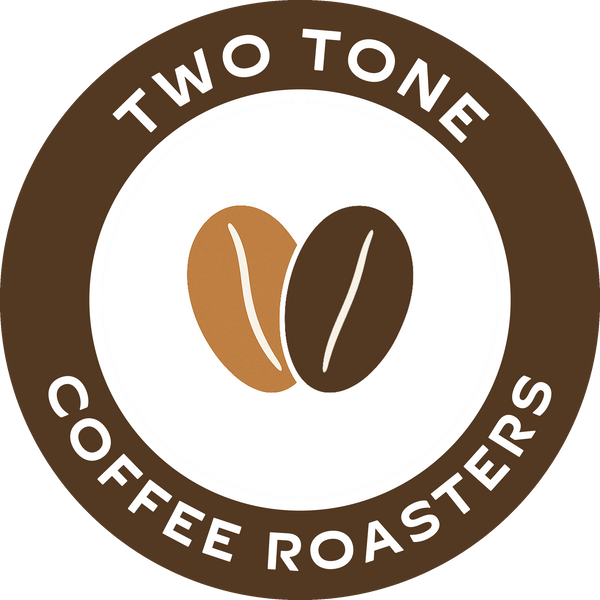Fluid Bed Coffee Roasting
What is fluid bed coffee roasting?
When you sip a cup of coffee, you’re not just tasting the bean — you're tasting the method behind the roast. And when it comes to preserving the purest, cleanest expression of a coffee’s origin, fluid bed air roasting rises above the rest.
Unlike traditional drum roasters, which use heated metal surfaces to roast beans much like clothes tumbling in a dryer, fluid bed roasters use only hot air to levitate and roast the beans. This convection-based process ensures the coffee doesn’t scorch on hot surfaces, resulting in a cleaner, more aromatic cup free of the bitterness and tar-like flavors that can arise from contact with hot metal.
☕ Taste the Coffee, Not the Roaster
The defining difference in fluid bed roasting is that the air does all the work — not the metal. This method was pioneered in the 1970s by Michael Sivetz, a chemical engineer and coffee industry consultant who was dissatisfied with the inconsistent and often harsh results produced by conventional roasters. He created the Sivetz Fluid-Bed Roaster, the first practical commercial air roaster, and changed the game for specialty coffee.
Thanks to his innovation, air-roasted coffee is known for:
- Intense aromatics
- A cleaner, smoother taste
- Lower acidity and bitterness
- Clarity that highlights origin and bean quality
🌬️ How It Works
Fluid bed roasting suspends the coffee beans in a stream of hot, pressurized air, keeping them in constant motion. This results in:
- Even heat distribution
- No scorching or charring
- Rapid and efficient roasting
Because the beans don’t touch a hot metal surface, there's less risk of over-roasting or uneven development, leading to greater consistency in every batch.
🌱 Better for the Planet
Aside from flavor, fluid bed roasting is also more eco-friendly:
- More energy-efficient: Heats up and cools down faster than drum roasters
- Cleaner emissions: Less smoke, fewer harmful byproducts
- No afterburners needed in many cases, reducing fuel use
- Efficient chaff removal reduces fire risk and keeps roasters clean
